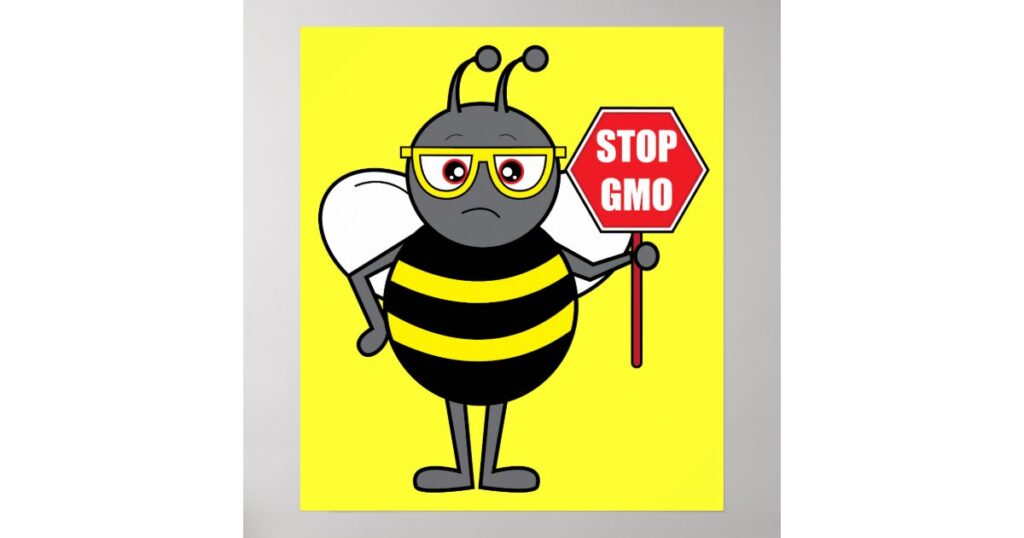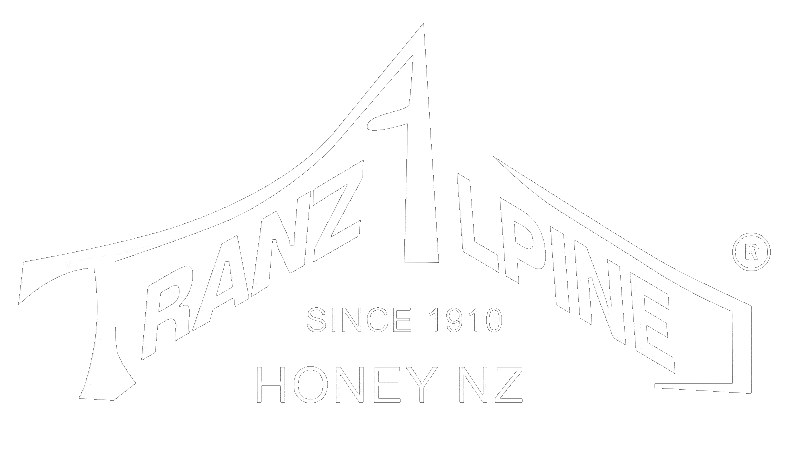
Say NO to GMO
Genetically Modified Organisms in New Zealand -The Coalition Government’s plan

Genetic modification is an assault on nature.
The introduction of GMOs (genetically modified organisms) into the New Zealand environment is sitting at the top of the current coalition government’s agenda. However, introducing genetically engineered organisms into our environment is completely irreversible.
Should the current government be allowed to make decisions that impact food security for future generations?
As Kiwis, we have a responsibility to take a stand before a handful of people permanently change the entire landscape of our country for profit.
Here is everything you need to know.
GMOs are Permanent
If GMOs are given the green light, it will be a permanent decision that will bring the globally respected organic and GMO sector in New Zealand to its knees. New Zealand producers with GMO-free and Organic status could lose access to international markets. This would significantly impact the economy as the organic sector alone is expected to contribute $4.7 billion to New Zealand’s GDP by 2030.
New Zealand’s organics market was worth $723 million in 2020, compared to $600 million in 2017, with an average growth rate of 6.4% a year over those three years. Source OA
The demand for non-GMO food is growing amongst consumers in India and China with annual growth rates of over 12%.
If the coalition government goes all out to allow commercial release of GMOs it will only be a matter of time before genetically modified wheat, grass and other crops are introduced in New Zealand, and the organic sector as a whole will cease to exist. This process will not be reversible.
The coalition government must not ignore or fail to protect the value of organic and GE-Free exports. It is attempting to commoditise New Zealand produce and by doing so not only compromises the future of New Zealand’s reputation, but also our future food security.
As the global demand for organic non-GMO produce grows, New Zealand must join countries around the world in taking steps to meet demands and future-proof food security.

The market demand for safe, natural, high-quality food aligns with the values and globally respected reputation of the New Zealand brand. A brand that is currently worth $440 million.
New Zealand must not kill the goose the lays the golden egg in the pursuit of biotechnology and GMO or Kiwis will pay the price forever.
‘‘We may think we can solve a problem through genetic technology, but more likely, we are deepening the damage through this thinking that we can control nature. A precautionary element must always prevail to protect the future of the earth for the generations to come.’’
Noel Josephson. OANZ Board Member and Cere’s Organics Co-Founder and Director
Impact of GMOs in New Zealand
- Loss of biodiversity due to the reduction in other plant types.
- It will ruin New Zealand’s clean reputation.
- Genetic contamination – Genes from GMO plants will cross-pollinate with non-GMO plants and cannot be rectified
- Environmental Impact GMO crops have the potential to create “superweeds” and harm beneficial insects.
- Long-term health risks and allergies
- Toxicological effects Greenhouse Gas Emissions

Would you like to know more about GMO?
A science that decries life – Noel Josephson – Director and co-founder of Ceres Organics
What do consumers want? Navigating GE Issues – Jon Carapiet – Soil & Health New Zealand
Liberalisation Of Genetic Engineering Threatens The Environment, Farmers And New Zealand – GE Free NZ

